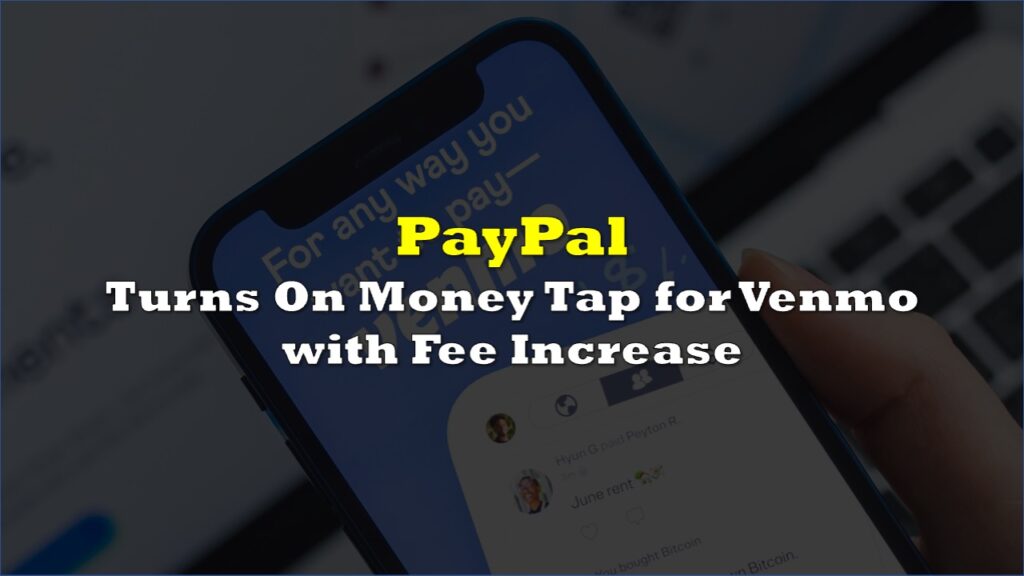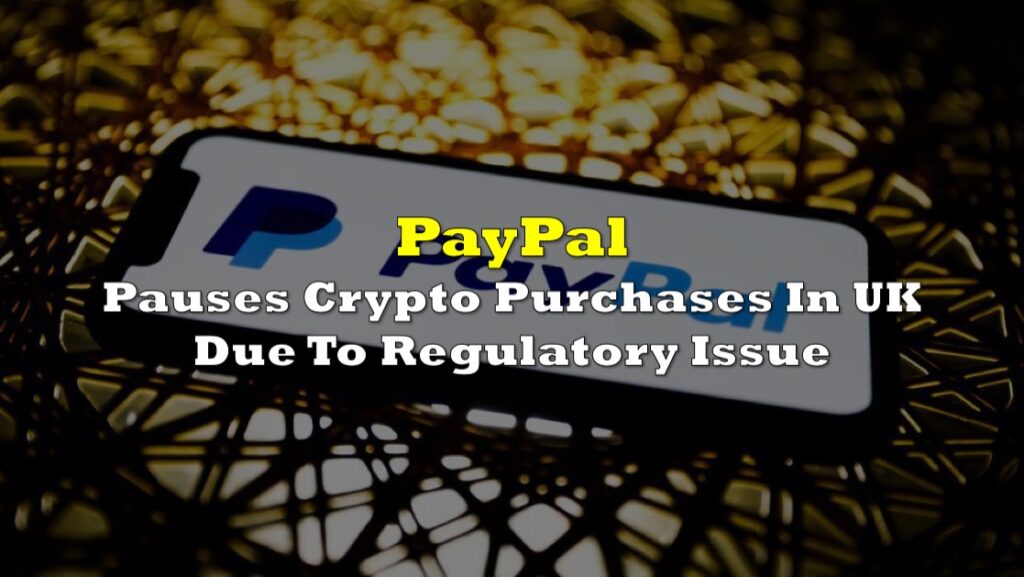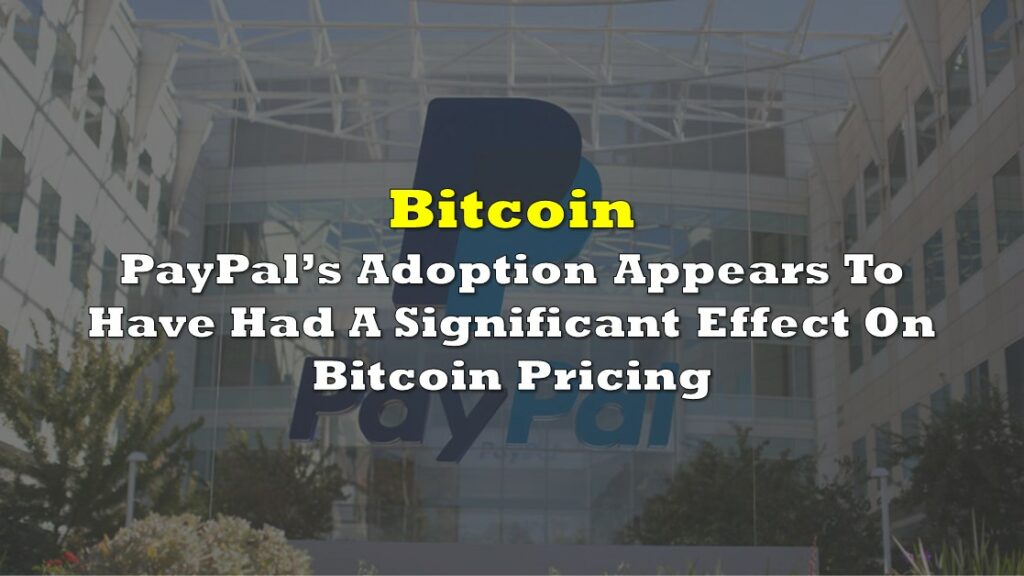Shares of PayPal (NASDAQ: PYPL) were sent into a colossal trainwreck on Wednesday, after the company revealed its incentive program massively backfired, amid a significantly worse-than-expected earnings report that fell short of Wall Street’s expectations.
PayPal’s stock was down a record 25% on Wednesday morning to around $130 at the time of writing, one day after the payments giant revealed less-than-dismal financial earnings, a slashed guidance, and plans to abandon its long-term goal of hosting 750 million active users before 2025.

Most importantly though, PayPal was also forced to completely overhaul its marketing strategy, after revealing that “bad actors” had taken advantage of the company’s sign-up incentive, which offered up to $10 to any new customer that created an account. PayPal quickly attempted to save-face and close the accounts created by bot farms, while attempting to recoup the generous incentives from over 4.5 million fake customers, but that apparently did little to redeem what was left of its pandemic-induced momentum.
Indeed, the company also conceded that rising price pressures are creating added strain on its low-income customers, who are now spending substantially less as the US grapples with what are some of the highest inflation levels in nearly 40 years. To make matters worse, ongoing supply chain disruptions have curtailed e-commerce spending growth, as consumers opted to do their shopping at brick-and-mortar stores in order to avoid shipping delays during the busy holiday season.
“You can officially add PayPal to your list of pandemic high-fliers that are experiencing a quite-bumpy landing,” said MoffettNathanson analyst Lisa Ellis, as quoted by Bloomberg.
Information for this briefing was found via PayPal and Bloomberg. The author has no securities or affiliations related to this organization. Not a recommendation to buy or sell. Always do additional research and consult a professional before purchasing a security. The author holds no licenses.









